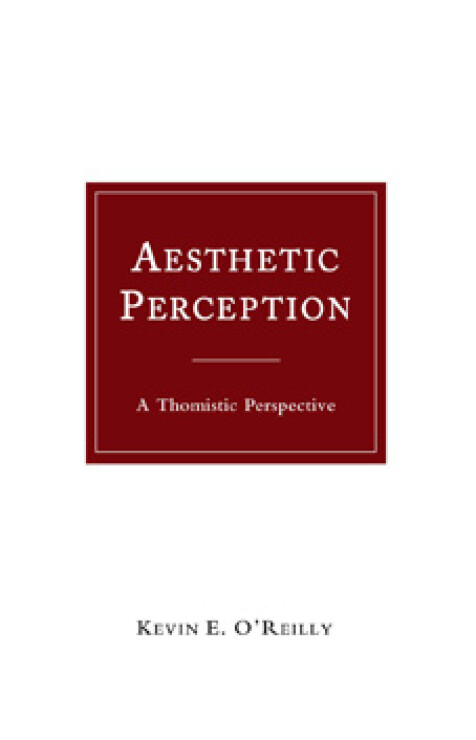Aesthetic perception
A Thomistic perspective
Kevin E. O’Reilly
In his seminal work, Truth and Method, Hans-Goerg Gadamer highlights the misguided supposition of the Enlightenment that such a thing as ‘pure reason’ actually exists. The notion that ‘prejudice’ informs all understanding is not however a novel one in the history of Western thought; this idea is to be found in the work of Aquinas, albeit in an implicit manner. In this book the implications of this idea for a Thomistic approach to the problematic of aesthetic perception are examined.
Beginning with Thomas’ famous definition of beautiful things as ‘those things which when seen give pleasure’, the author highlights the limitations present in Umberto Eco’s treatment of Thomas’ embryonic aesthetic theory and shows how insights gleaned from Thomas’ virtue ethics can contribute to a theory of aesthetic perception which has relevance for both philosophy and theology.
Kevin E. O’Reilly lectures at the Milltown Institute, Dublin. His main areas of expertise are the thought of St Thomas Aquinas and ethics.

